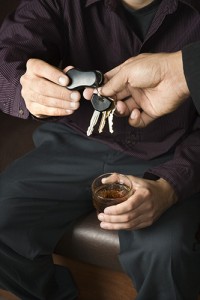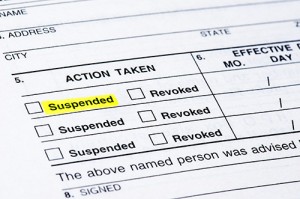If you are detained in a detention facility, you must have a court hearing within 48 hours. This does not include weekends and holidays. At that hearing, the judge will decide if you should stay in the detention facility until your trial date, or if you can be released (either conditionally or unconditionally) until then. The court should appoint a lawyer called a Public Defender to represent you at the detention hearing if you cannot afford one. The Judge will be deciding if you should remain in a juvenile detention facility until your next adjudication hearing which could be four to eight weeks.
It is very important to have a lawyer at this hearing. You should call Gregory J. Spadea at 610-521-0604 of Spadea & Associates, LLC in Folsom. You should meet with Gregory and provide him with proof of counseling, community service, good performance at school, etc. This will help Gregory negotiate your release and get favorable bail terms.
If you are released you want to make sure your parents know what time they can pick you up and how much they have to post for your bail if it is not unsecured.
If you have any questions you should contact Gregory J. Spadea of Spadea & Associates, LLC at 610-521-0604 in Folsom, PA.













